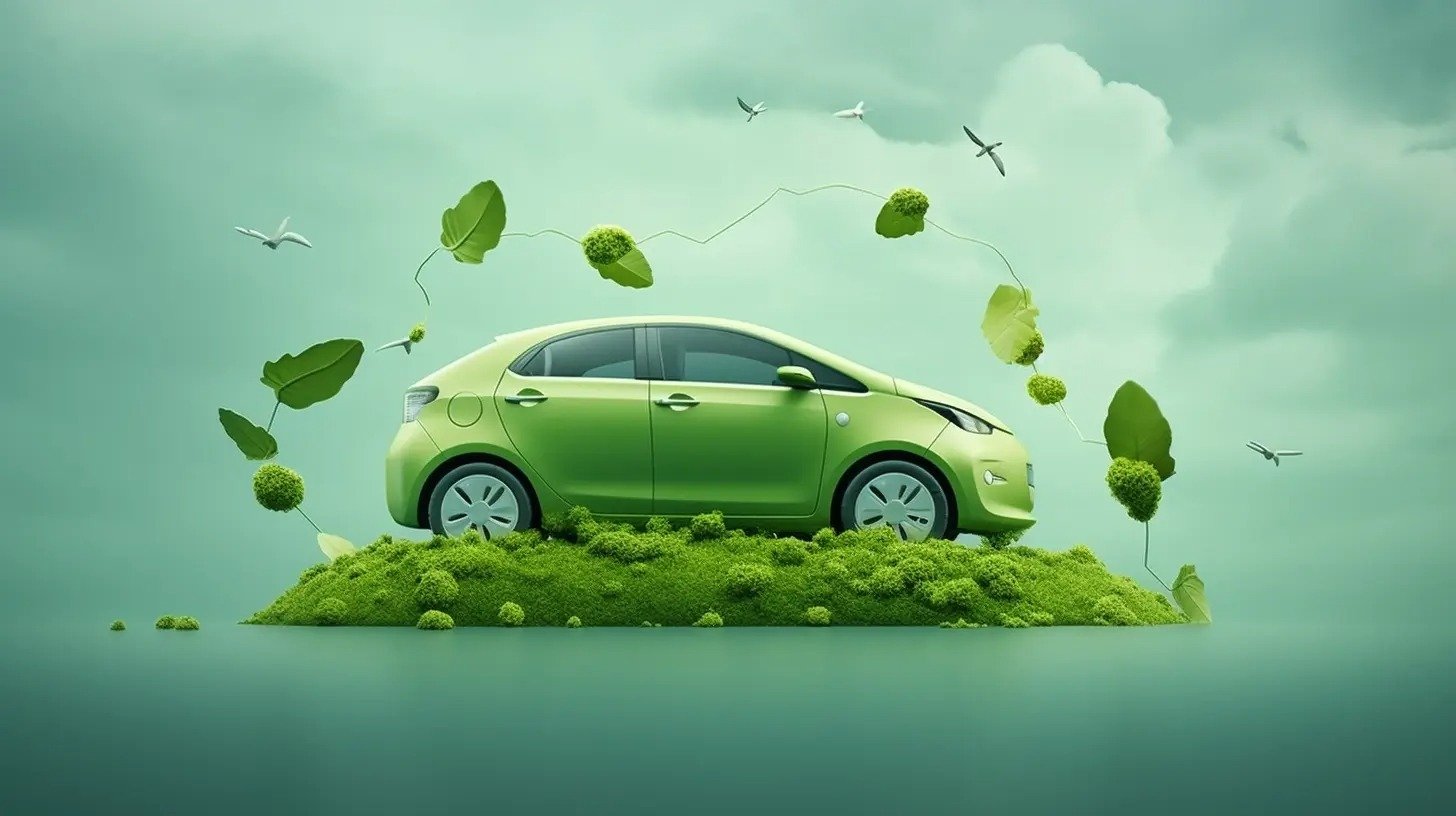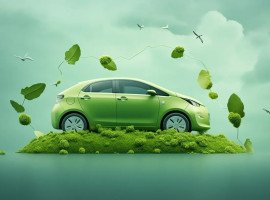As concerns about climate change and environmental pollution grow, the demand for eco-friendly electric cars has surged worldwide.
As concerns about climate change and environmental pollution grow, the demand for eco-friendly electric cars has surged worldwide. These vehicles offer a cleaner, greener alternative to traditional gasoline-powered cars by significantly reducing carbon emissions and reliance on fossil fuels. With advancements in battery technology and expanding charging infrastructure, electric cars are becoming increasingly accessible and practical for everyday use. This article explores the benefits, technology, types, and future outlook of eco-friendly electric cars.
What Are Eco-Friendly Electric Cars?
Electric cars, also known as EVs (Electric Vehicles), run entirely or partially on electric power instead of gasoline or diesel. They use rechargeable batteries to power electric motors, producing zero tailpipe emissions. Eco-friendly electric cars aim to minimize environmental impact by reducing greenhouse gas emissions and dependence on non-renewable energy sources.
Read Also: Affordable Electric Cars In India Under 10 Lakhs
Types of Eco-Friendly Electric Cars
1. Battery Electric Vehicles (BEVs)
BEVs are fully electric cars powered only by batteries. They produce zero emissions and need to be charged via electric charging stations or home chargers.
2. Plug-in Hybrid Electric Vehicles (PHEVs)
PHEVs combine a gasoline engine with an electric motor and battery. They can run on electric power alone for a limited range before switching to fuel, reducing emissions compared to conventional cars.
3. Hybrid Electric Vehicles (HEVs)
While HEVs use both an electric motor and gasoline engine, they cannot be plugged in to recharge. The battery is charged through regenerative braking and the engine itself.
Benefits of Eco-Friendly Electric Cars
Environmental Benefits
-
Zero Tailpipe Emissions: Electric cars do not emit CO2 or other harmful pollutants while driving.
-
Reduced Carbon Footprint: When charged with renewable energy, EVs have a significantly lower overall environmental impact.
-
Improved Air Quality: Less air pollution leads to better health outcomes in urban areas.
Economic Benefits
-
Lower Operating Costs: Electricity is cheaper than gasoline, and electric cars require less maintenance.
-
Government Incentives: Many countries offer tax credits, rebates, and subsidies for purchasing electric vehicles.
Technological Advancements
-
Improved Battery Life: New lithium-ion and solid-state batteries provide longer ranges and faster charging.
-
Smart Features: Integration with apps, autonomous driving technologies, and energy-efficient designs.
Challenges Facing Eco-Friendly Electric Cars
Charging Infrastructure
Limited public charging stations, especially in rural areas, can create range anxiety among potential buyers.
Battery Production and Disposal
Manufacturing and recycling batteries involve environmental concerns, including resource extraction and waste management.
Initial Cost
Electric vehicles tend to have higher upfront prices than traditional cars, though total cost of ownership is often lower over time.
The Future of Eco-Friendly Electric Cars
With increasing government regulations on emissions and growing consumer awareness, the electric car market is set to expand rapidly. Innovations such as wireless charging, longer-lasting batteries, and more affordable models will make eco-friendly electric cars a common sight on roads worldwide. Major automakers are investing heavily in EV technology, signaling a shift towards a sustainable transportation future.
Also Check: India’s EV Boom Needs Intelligence, Not Just Electricity
Conclusion
Eco-friendly electric cars represent a pivotal step toward reducing the automotive industry's environmental footprint. They offer cleaner air, lower carbon emissions, and promising economic benefits for consumers. Although challenges like infrastructure and battery sustainability remain, ongoing advancements continue to make electric vehicles more practical and accessible. Embracing eco-friendly electric cars today paves the way for a greener, healthier planet tomorrow.










